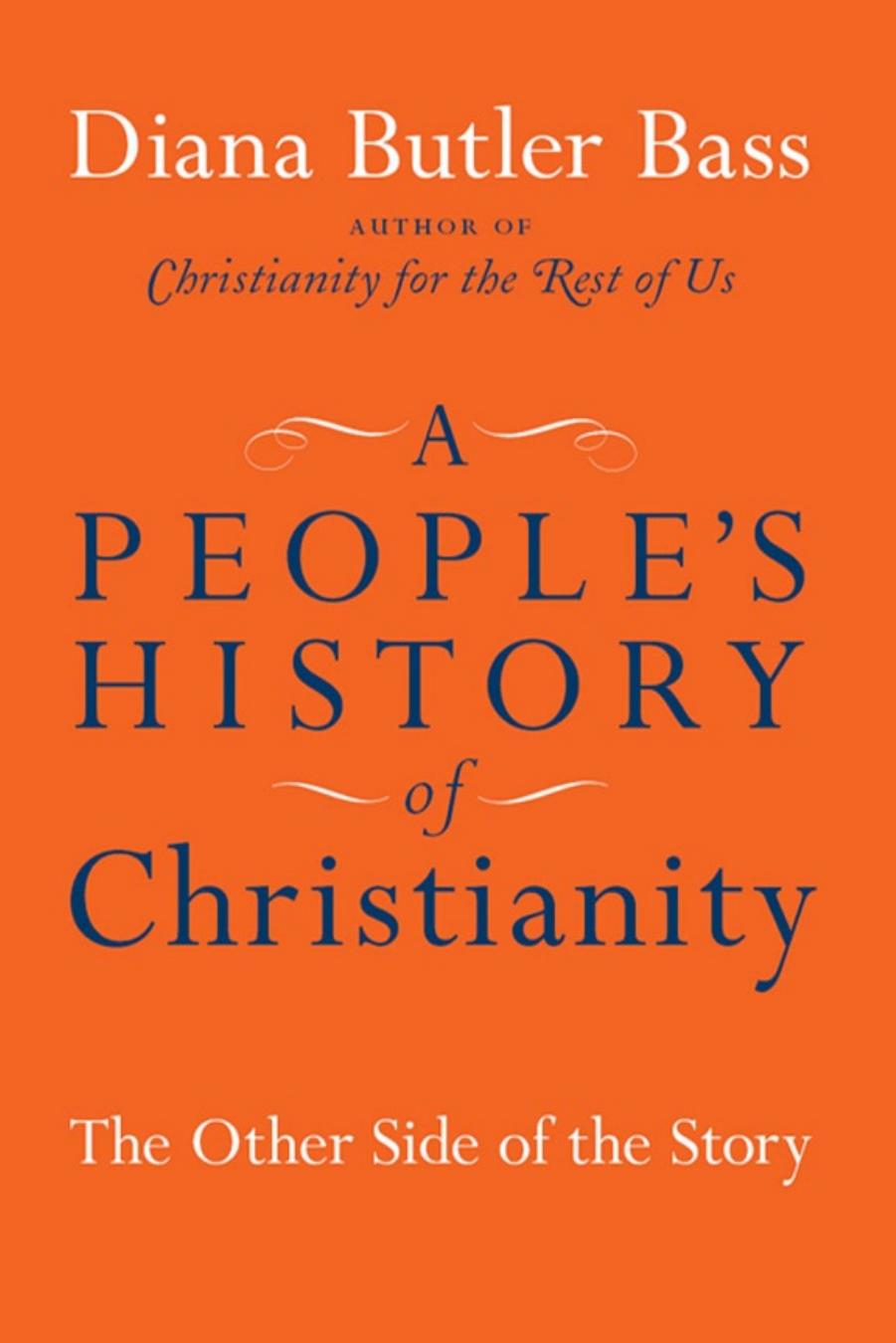A People's History of Christianity by Diana Butler Bass

Author:Diana Butler Bass
Language: eng
Format: epub, pdf
ISBN: 9780061973024
Publisher: HarperCollins
Family
As a lifelong churchgoer, I have heard innumerable sermons on marriage and the Christian family. The preacher typically appeals to Adam and Eve as the perfect example of marriage as well as the divine pattern for marriage established in the Garden of Eden. “Marriage is,” as often proclaimed, “the one unchanging institution upon which the rest of society is based. God ordained it in the book of Genesis.” It is a little odd to hold Adam and Eve up as examples of Christian marriage. Besides the obvious fact that they were not Christians, they ran around naked, could not have actually married since no marital laws existed, lied to and deceived one another, and demonstrated such fine parenting skills that one of their sons murdered the other.
Bad biblical interpretation aside, however, preachers often overlook the fact that marriage has changed over time. What counted as a good Christian marriage in ancient Rome differed from that of a successful medieval one, where marriage was considered a sacrament but seemed a lesser spiritual state than celibacy. Medieval marriage existed for the procreation of children. During the sixteenth century the reformers expanded the sphere of marriage, its spiritual dimensions, and its practices. Their social agenda included a new understanding of marriage, the family, and the home.15
Reformers began rethinking marriage when they married. Most of the early Protestant leaders had been clergy or monks, and while some of them kept concubines, others were celibate. Thus any sort of clerical sexual activity was secret—and not something that pastors could theologically reflect upon in public. For early Protestant preachers marriage was both a pleasure and a way of defying Catholic authorities. But more than anything, clerical marriage embodied Christian freedom—its right to choose to be celibate (if God had so gifted one) or to choose to be married. Martin Luther argued that priestly celibacy violated the “pact of freedom” God entered into with believers upon their baptism. According to him, vows of celibacy went against common sense; he argued that only men over seventy could honestly make them.16
The reformers spoke boldly of sex and sexual pleasure, believing that marriage was the only appropriate vessel for sexual expression. As Luther once remarked, marriage was a hospital for lust. To make the theological point, Luther himself married in 1525. Katherine von Bora had been a nun whom Luther arranged to be kidnapped from the convent along with several other sisters in the back of a fishmonger’s wagon among barrels of herring. The two made quite a pair, as was testified to by Luther’s own writings and that of his students and boarders. Together they raised ten children—six of their own and four orphans. Luther clearly adored Katherine, jokingly referring to her as “my Lord Katie” and “my chain.” Of sex, Luther wrote, “This plighted troth permits even more occasion than is necessary for the begetting of children.” Marriage vows, unlike clerical celibacy ones, freed men and women to experience romantic love and sexual pleasure as the foundation for Christian union.
Download
A People's History of Christianity by Diana Butler Bass.pdf
This site does not store any files on its server. We only index and link to content provided by other sites. Please contact the content providers to delete copyright contents if any and email us, we'll remove relevant links or contents immediately.
The Gnostic Gospels by Pagels Elaine(2527)
Jesus by Paul Johnson(2352)
Devil, The by Almond Philip C(2324)
The Nativity by Geza Vermes(2226)
The Psychedelic Gospels: The Secret History of Hallucinogens in Christianity by Jerry B. Brown(2148)
Forensics by Val McDermid(2087)
Going Clear: Scientology, Hollywood, and the Prison of Belief by Lawrence Wright(1974)
Going Clear by Lawrence Wright(1962)
Barking to the Choir by Gregory Boyle(1819)
Old Testament History by John H. Sailhamer(1809)
Augustine: Conversions to Confessions by Robin Lane Fox(1768)
The Early Centuries - Byzantium 01 by John Julius Norwich(1730)
A Prophet with Honor by William C. Martin(1717)
A History of the Franks by Gregory of Tours(1713)
Dark Mysteries of the Vatican by H. Paul Jeffers(1704)
The Bible Doesn't Say That by Dr. Joel M. Hoffman(1676)
by Christianity & Islam(1627)
The First Crusade by Thomas Asbridge(1601)
The Amish by Steven M. Nolt(1562)
